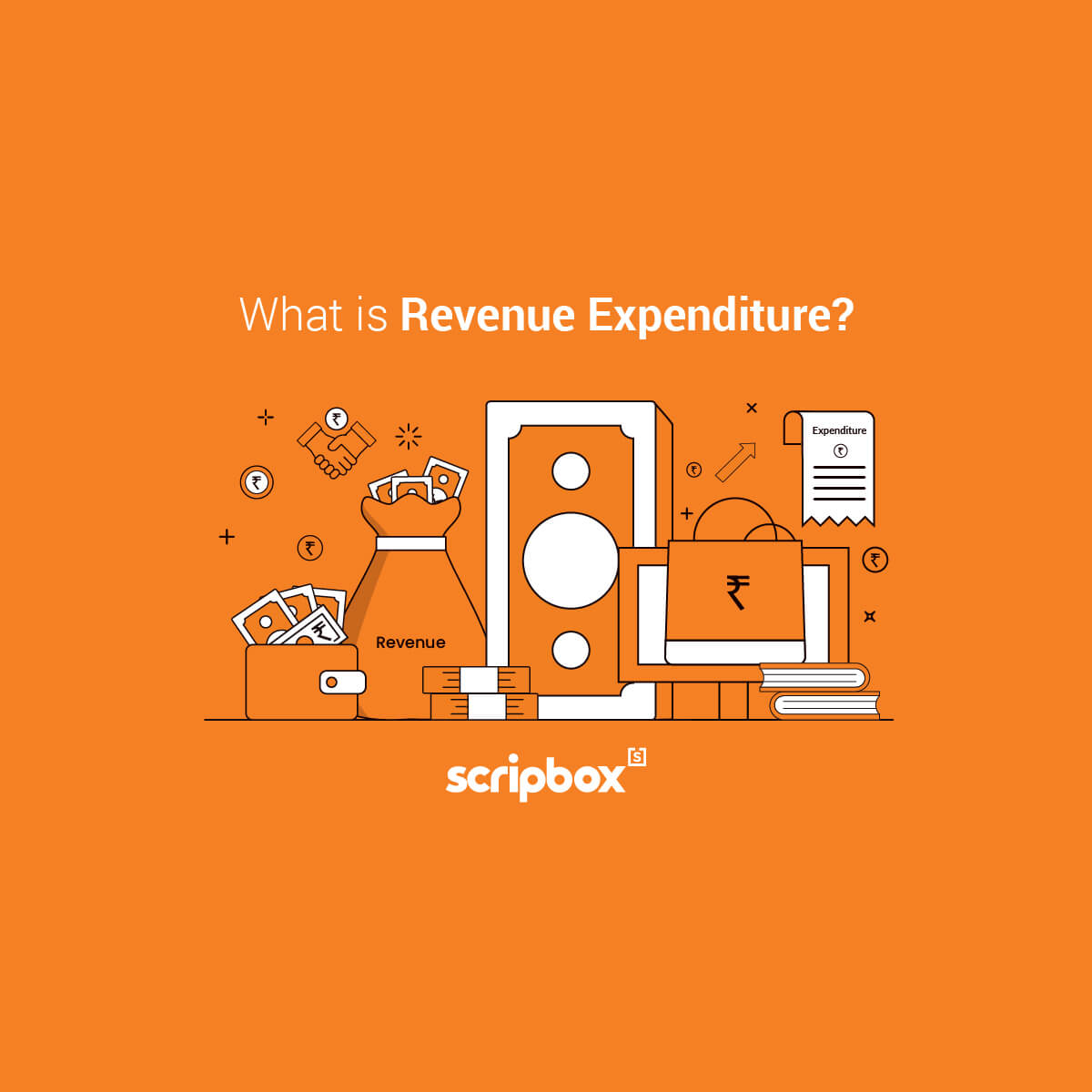
Revenue Expenditure
What is Revenue Expenditure? Revenue expenditure refers to the funds spent by a company to maintain the regular functioning of the system. It does not boost the profit-generating capacity of a company. It is the total cost incurred by a company...
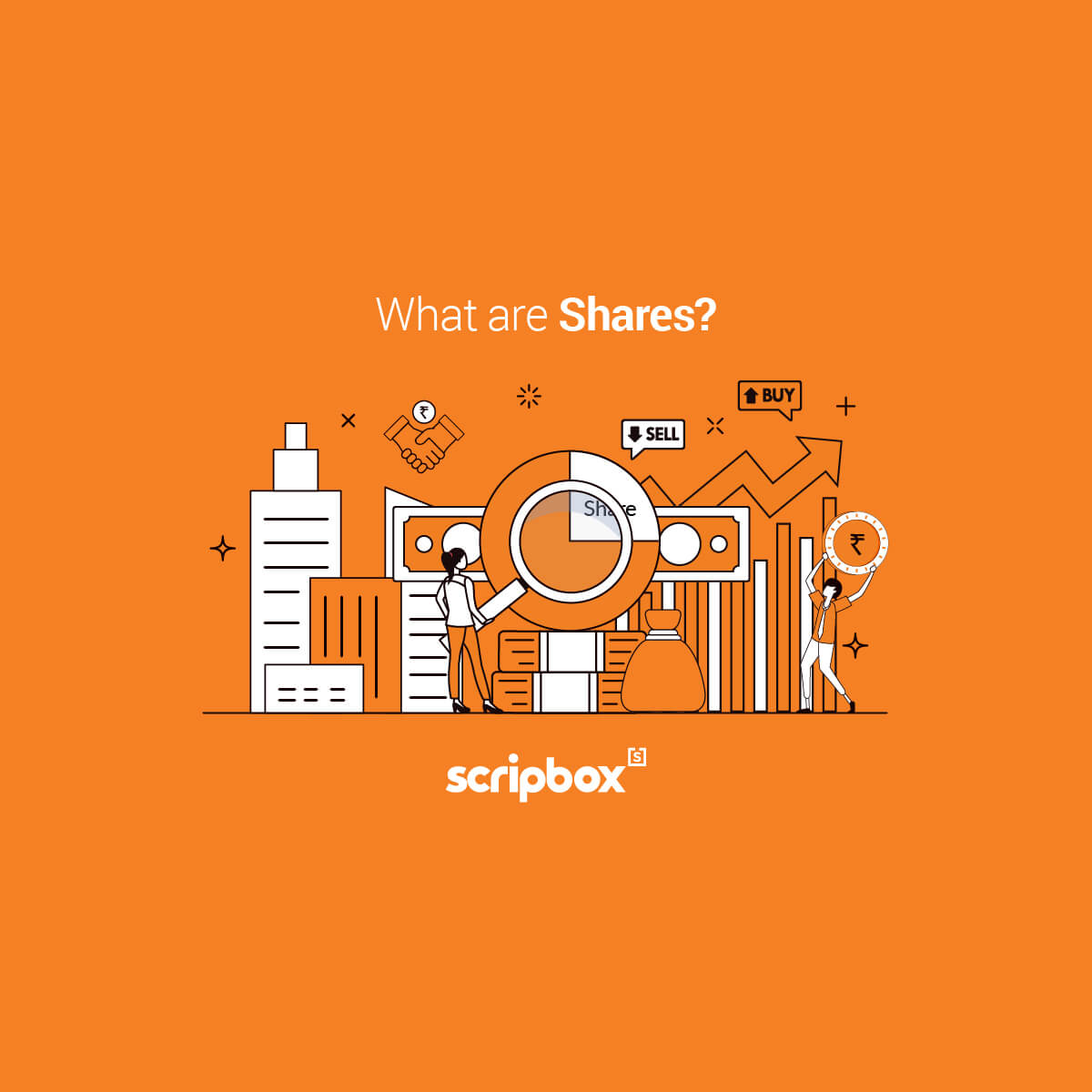
What is Share and It’s Types
What is Share? A share means a unit representing a partial ownership stake in the company. Investors owning them are called shareholders. Equity and preference shares are popular types of shares. Both provide the company with funds and shareholders with...
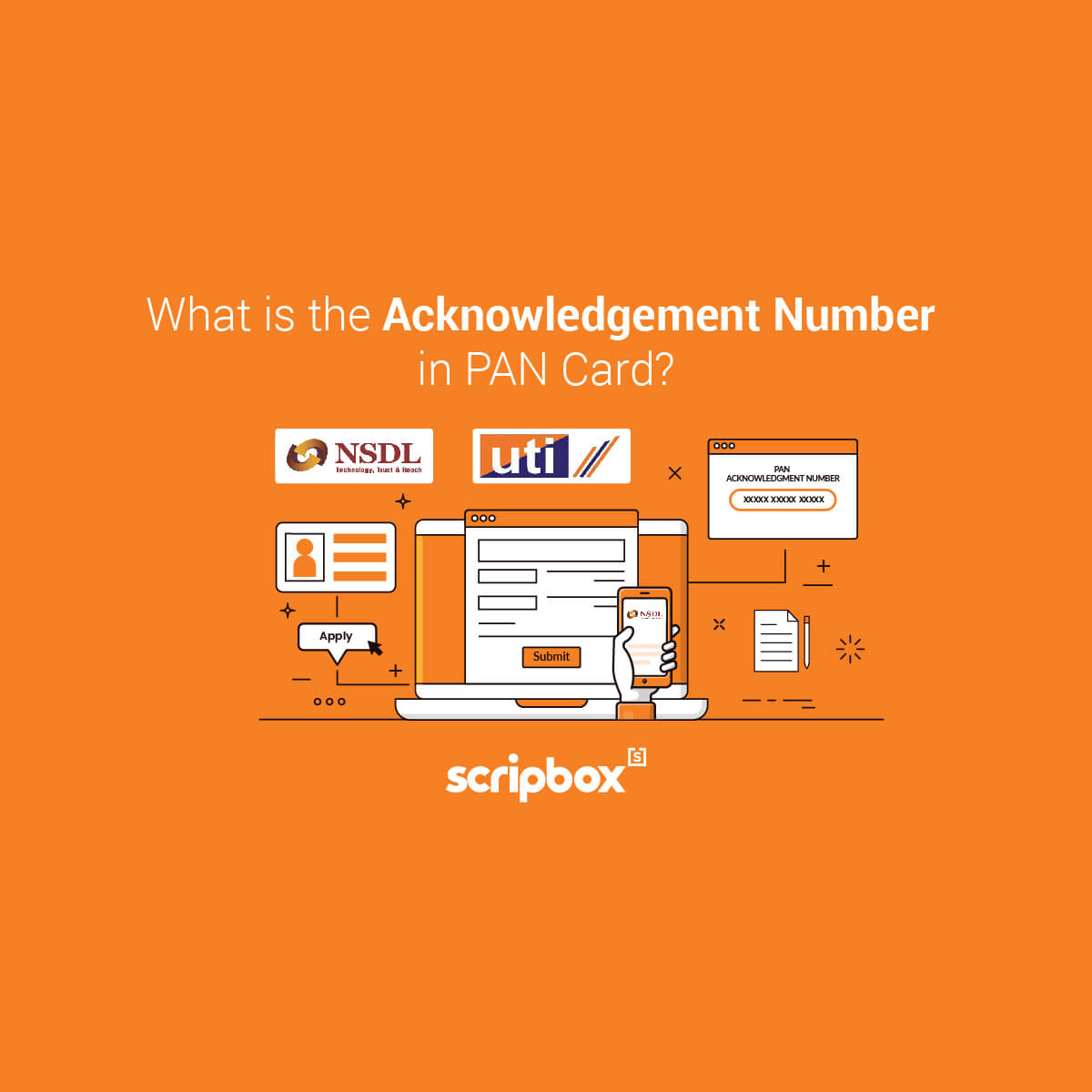
What is Acknowledgement Number in Pan Card & How to Get it?
A Permanent Account Number, abbreviated as PAN, is a 10-digit unique alphanumeric number assigned to you for investments, tax payments, and other financial activities. The Income Tax Department provides you with a document known as a PAN Card. While applying...
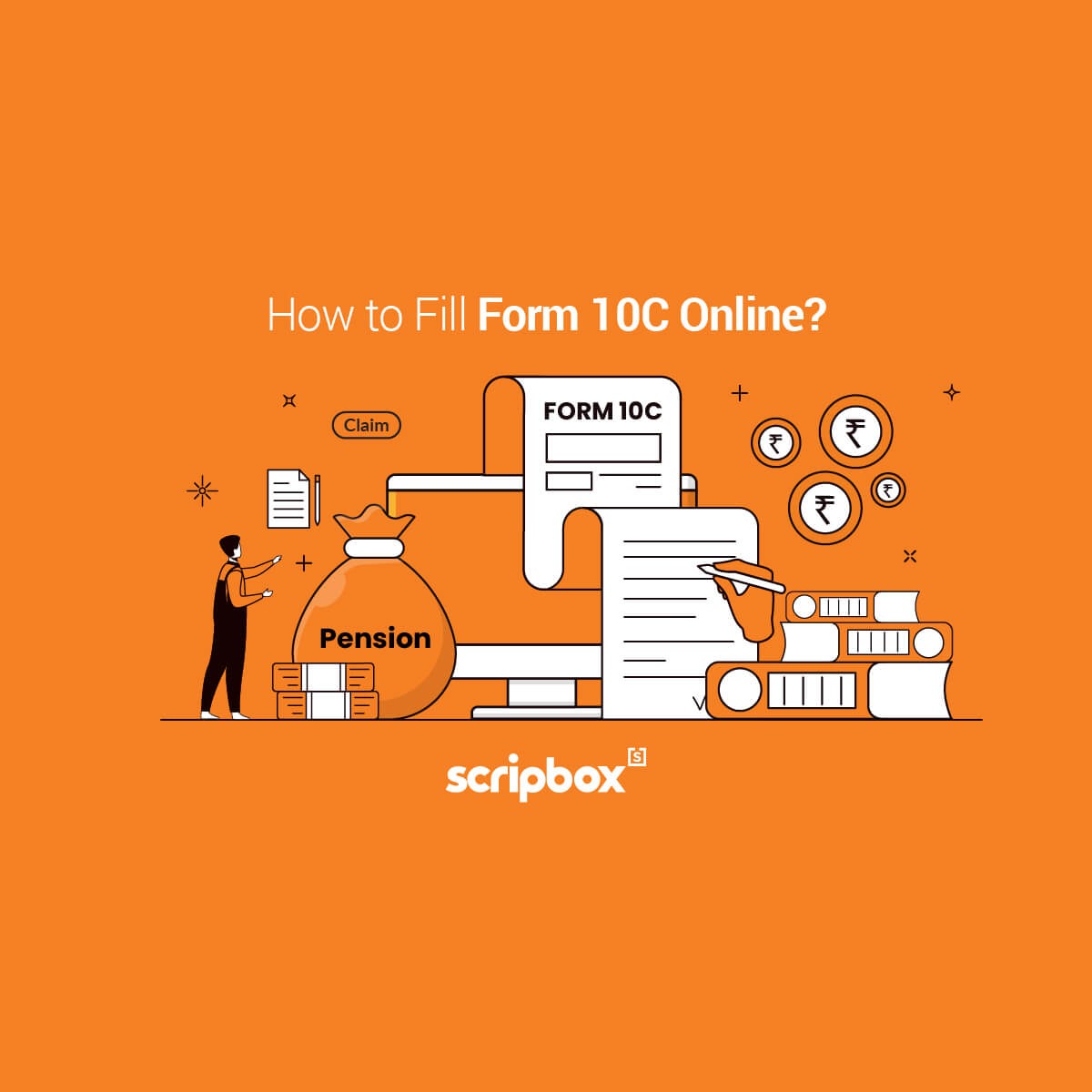
EPF Form 10C
What is EPF Form 10C? Under the EPF scheme, you (the employee) and your employer have to contribute to the Employee Provident Fund during your service period. When you leave the job, you might want to carry forward your EPF...

What is Free Cash Flow?
Free Cash Flow (FCF) is the amount of money that a corporation generates after deducting cash outflows for operating expenses and capital asset maintenance. Depending on the audience and the data provided, there are different approaches to calculating FCF. Meaning...
Practical Insights For Wealth Creation
Our weekly finance newsletter with insights you can use
Your privacy is important to us
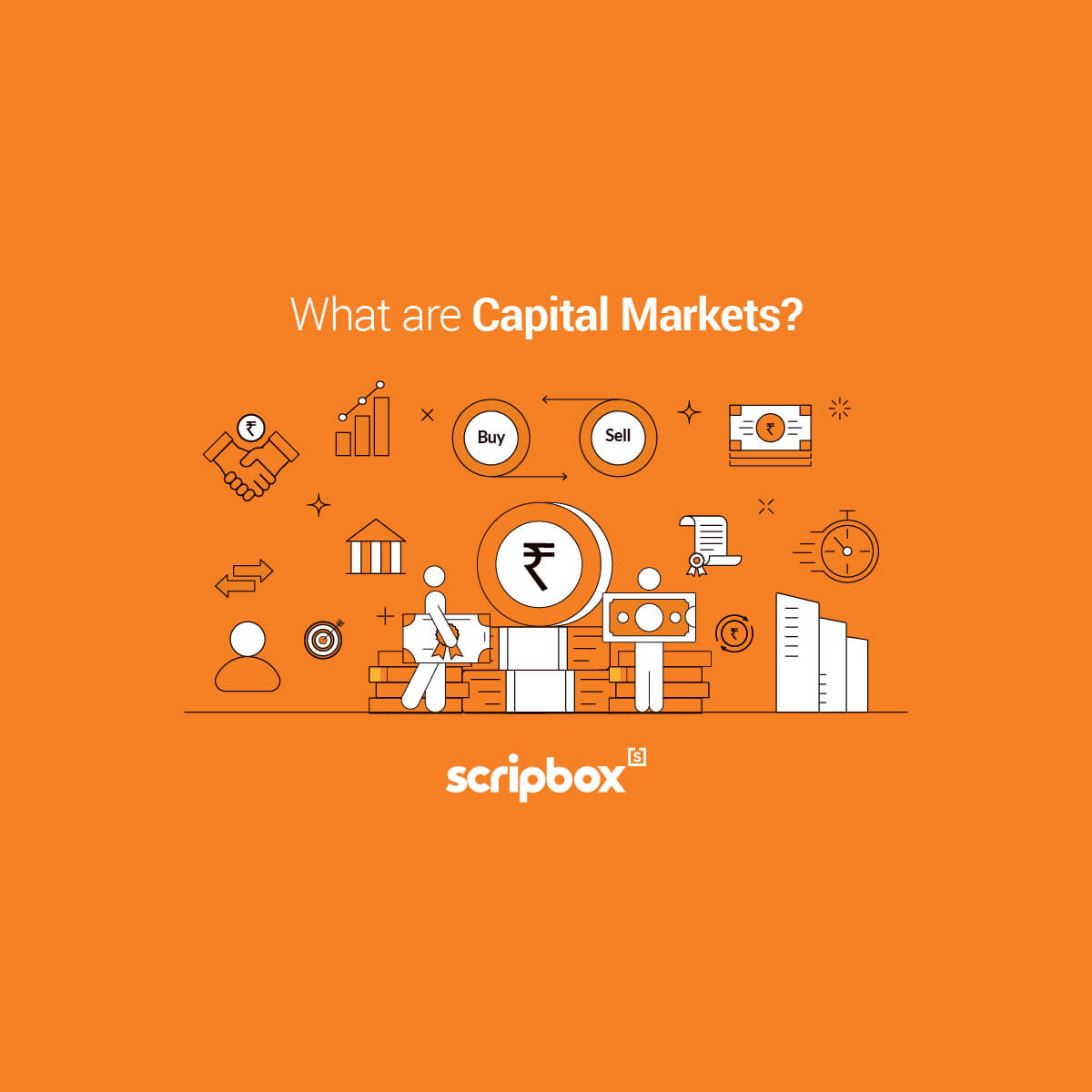
What is Capital Market?
A capital market is a financial market where long-term debt or equity-backed securities are bought and sold. Suppliers are people/organisations with the capital to lend or invest. Banks and investors are common examples. Securities Exchange Board of India (SEBI) governs...
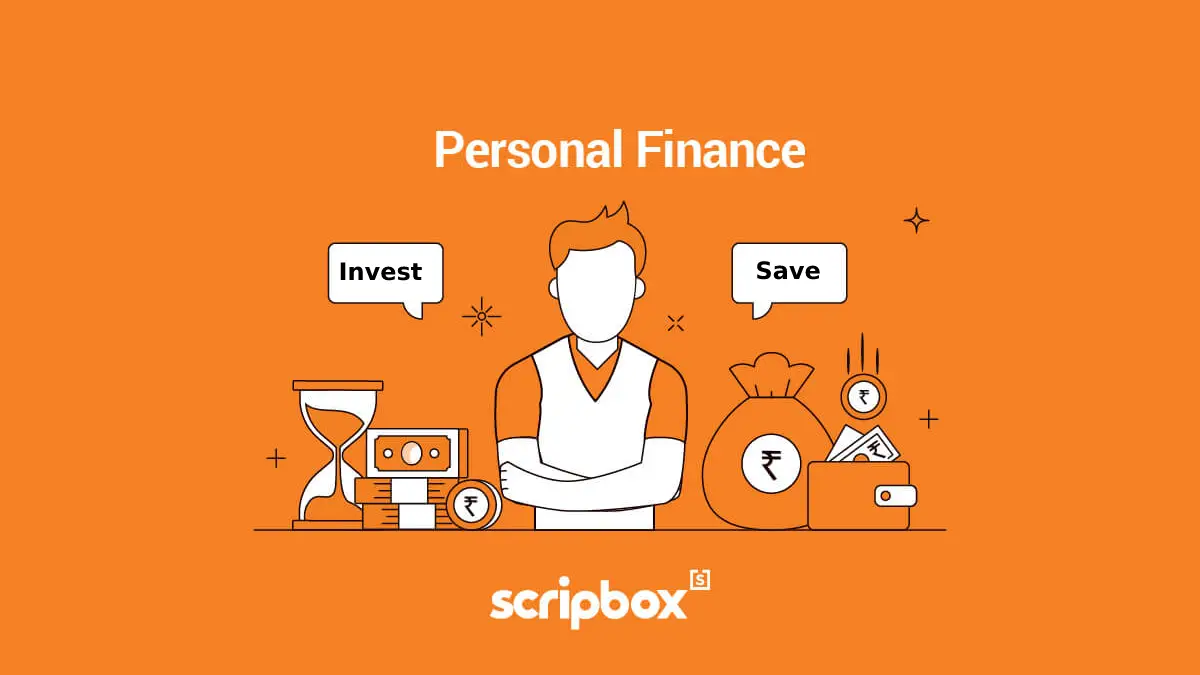
What is Bond Yield?
A bond is a financial instrument that offers fixed and predictable returns. By issuing bonds, the bond issuers are borrowing money, and therefore, bondholders act as creditors to the issuer. There are various terms related to bonds that one needs to...
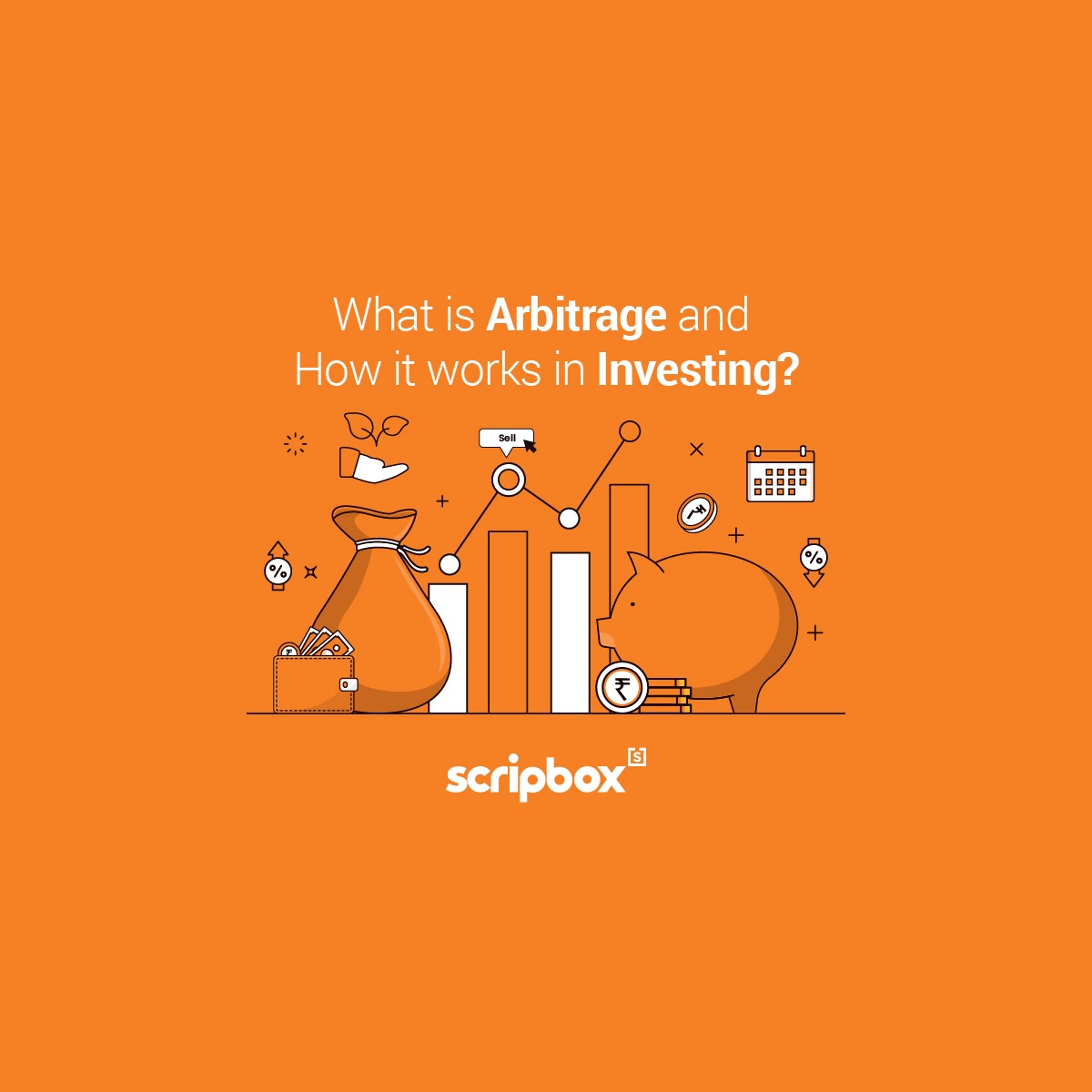
What is Arbitrage? & Its Types
What is Arbitrage? Arbitrage is the practice of buying an asset in one market and simultaneously selling it in another, but at a higher price. As a result, the transitory difference in share price benefits the traders.Stocks, commodities, and currencies...



